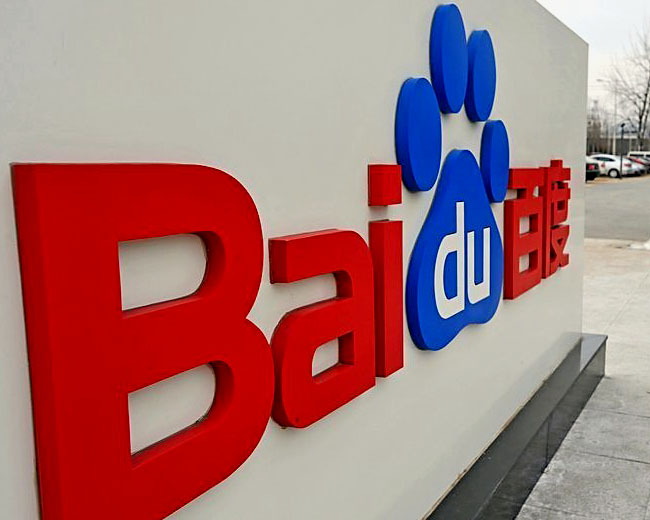
Since 2006, the Office of the Unites States Trade Representative has identified so-called “notorious markets”—online and physical marketplaces that specialize in the sale and distribution of counterfeit or pirated goods. Earlier this year, the USPR started issuing out-of-cycle reports on notorious markets, and the most recent update (PDF) lists the usual spate of Torrent sites, deep linkers, and online lockers, along with infamous physical markets like New Dehli’s Nehru Place, Kiev’s Petrivka Market, and China’s PC Malls. However, one long-time entry in the list has been removed: China’s leading search engine Baidu, which this year inked a major licensing agreement with music publishers.
However, China’s widely-used online consumer- and business-oriented online shopping service Taobao remains on the list. China also accounts for four of the 15 physical markets on the list.
“Several commenters reported that pirated and counterfeit goods continue to be widely available on China-based Taobao,” the USTR said in its report. “While stakeholders report that Taobao continues to make significant efforts to address the problem, they recognize that much remains to be done.”
The report also called out Modchip.ca and Consolesource—both well-known purveyors of game console mods—along with pay-to-download services that appear to be clones of Russia’s former Allofmp3. Torrent indexers weren’t exempt from the list, either: whlie the report notes Torrent indexers can be used for lawful purposes, sites like The Pirate Bay, IsoHunt, BtJunkie, Kat.ph, and torrentz.eu are well-known for carrying unlicensed and illegal material—the report also singles out Torrent-trackers like Demonoid and zumunda, both of which are the subject of criminal prosecutions. Other online services getting the squinty-eyed stare from the USTR include online storage services like Megaupload and Putlocker, and the online forum Warez-bb.
Although the USTR’s report doesn’t claim to be exhaustive—or even reflect legal proceedings against alleged pirates—it does try to call attention to marketplaces where “copyright piracy on a commercial scale and trademark counterfeiting continue to thrive.”
Editors' Recommendations
- Skype now supports 911 calls in the U.S.
- Hackers target U.S. government agencies as FBI investigates
- U.S. senators call on Amazon to do more to protect the health of its workers
- The U.S. government says you need to update Firefox right now
- An eight-year-old U.S. YouTuber earned $26 million in 2019


